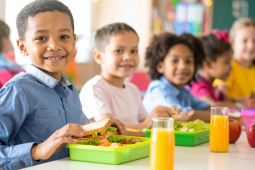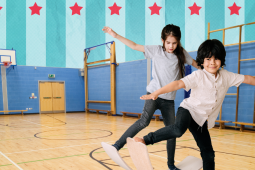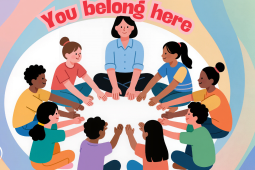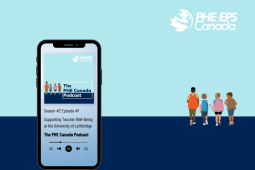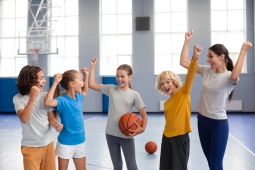Supporting School Effectiveness in First Nations Communities
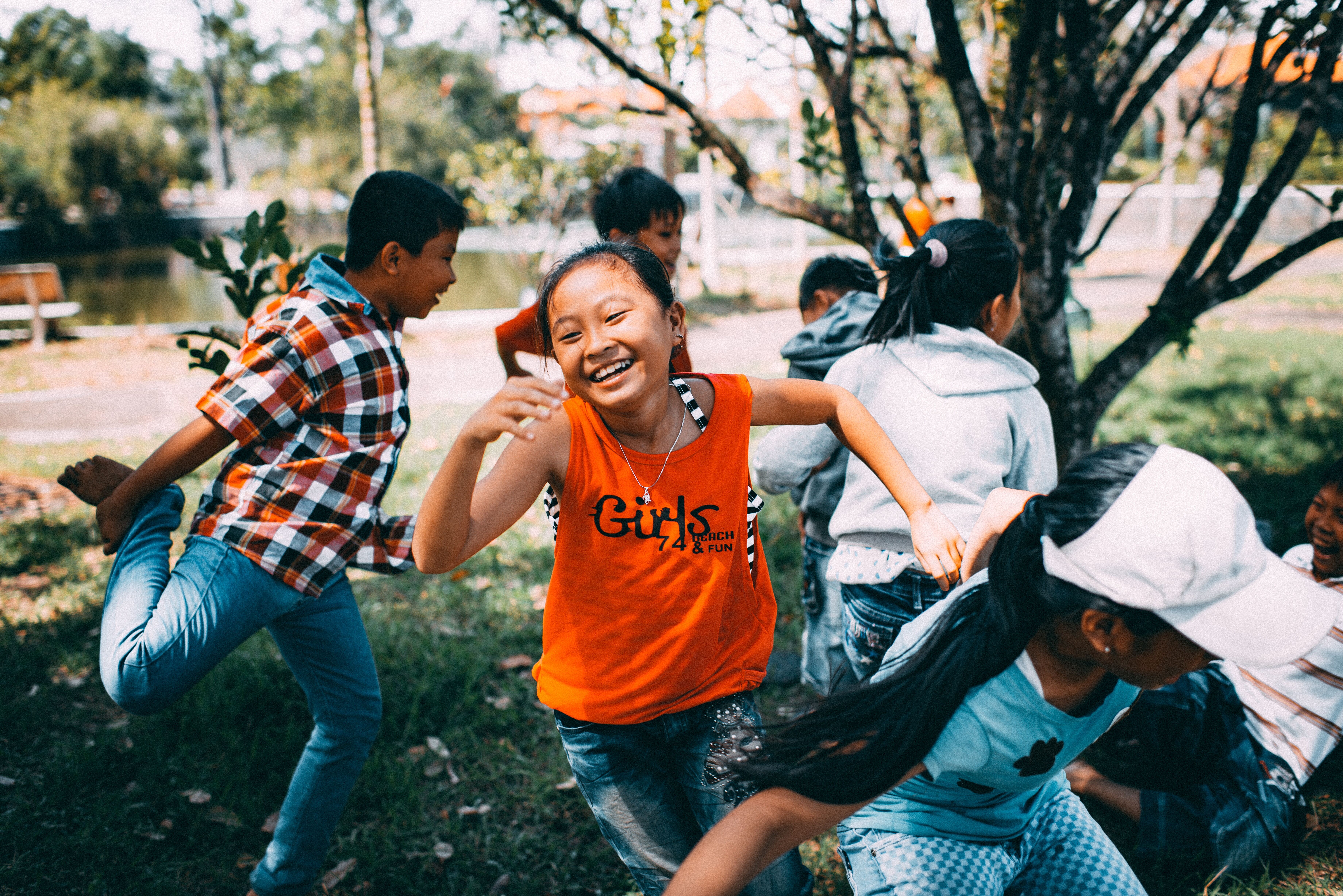
Supporting School Effectiveness in First Nations Communities
In partnership with Growing Young Movers Inc. and the Prince Albert Grand Council (PAGC), PHE Canada embarked on an initiative to support and advance physical education in on reserve schools. PHE Canada worked with 28 physical educators of the PAGC communities and the Move Think Learn resource series to improve school effectiveness to better meet the needs of the children and youth.
The pilot program delivered the following benefits to participants:
-
Enhanced physical education programming in school and after-school environments
-
Increased knowledge, understanding, and capacity of teachers and program leaders in developing and delivering quality physical education programming
-
Provided financial resources to support physical education program delivery
-
Engaged physically active children and youth
Overall, 23 schools and close to 7,000 students of the Prince Albert Grand Council were reached with the implementation of this pilot project.
We hope this pilot program inspires others to implement similar initiatives in their communities!




